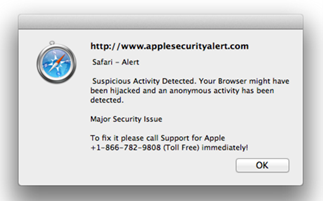Tips to reduce abuse
If you’re an older adult, you can stay safe by:
- Taking care of your health
- Seeking professional help for drug, alcohol, and depression concerns. Attending support groups for spouses and learning about domestic violence services
- Planning for your own future. With a power of attorney or a living will, you can address health care decisions now to avoid confusion and family problems later. Seek independent advice from someone you trust before signing any documents.
- Staying active in the community and connected with friends and family. This will decrease social isolation, which has been connected to abuse.
- Sending and opening your own mail
- Not giving personal information over the phone
- Using direct deposit for all checks
- Having your own phone
- Reviewing your will periodically
- Knowing your rights. If you engage the services of a paid or family caregiver, you have the right to voice your preferences and concerns. If you live in a nursing home, call your Long-Term Care Ombudsman. The ombudsman is your advocate and has the power to intervene.
Source: The National Council on Aging
If you know an older adult, you can keep them safer by:
- Help your loved one plan for their future
- Do not give out the older adult’s personal information
- Stay connected to the older adult to reduce isolation
- Help the older adult connect to community resources
- Encourage the older adult to seek professional help for drug, alcohol, and depression concerns,
- Encourage the older adult to attend support groups as needed
- Knowing their rights. If the older adult engages the services of a paid or family caregiver, they have the right to voice their preferences and concerns. If the older adult lives in a nursing home, they can call their Long-Term Care Ombudsman to advocate on issues.
Tips for avoiding scams
- Never give out personal information over the telephone such as passwords, mother’s maiden name, Social Security number, date of birth, credit card number, bank account number or Medicare number, if you have not initiated the call. Additionally, do not share your children or grandchildren’s names with strangers.
- Do not give out personal information in person if you have not scheduled an appointment with the caller at your door. Many scam artists target older adults at home by going door-to-door.
- Only give out personal information over the telephone if you have initiated the call to make a purchase or a charitable donation
- Never give in to pressure tactics from a caller. A legitimate business or charitable organization will not pressure you into making a purchase or giving a donation.
- Remember, if you feel pressured or suspicious of the caller, you can always hang up!
- Remember, you can request the caller to give you their telephone number and you can make the call yourself before giving out personal information. A tactic of the Drug Discount Card Scam is to give the older adult a telephone number that is disconnected.
- If you get a text message from a number you don’t recognize asking you to click a link or respond with personal information, do not respond. Delete the message.
- When using a computer, if you get a pop-up notification, close the window. Do not click any buttons or call any numbers listed on the pop-up. Trust your gut. Example of a pop-up is below.
These webpages were supported by the Administration for Community Living (ACL), U.S. Department of Health and Human Services (HHS) as part of a financial assistance award for Adult Protective Service Public Awareness Campaign totaling $50,000 by ACL/HHS. The contents are those of the author(s) and do not necessarily represent the official views of, nor an endorsement, by ACL/HHS, or the U.S. Government.
